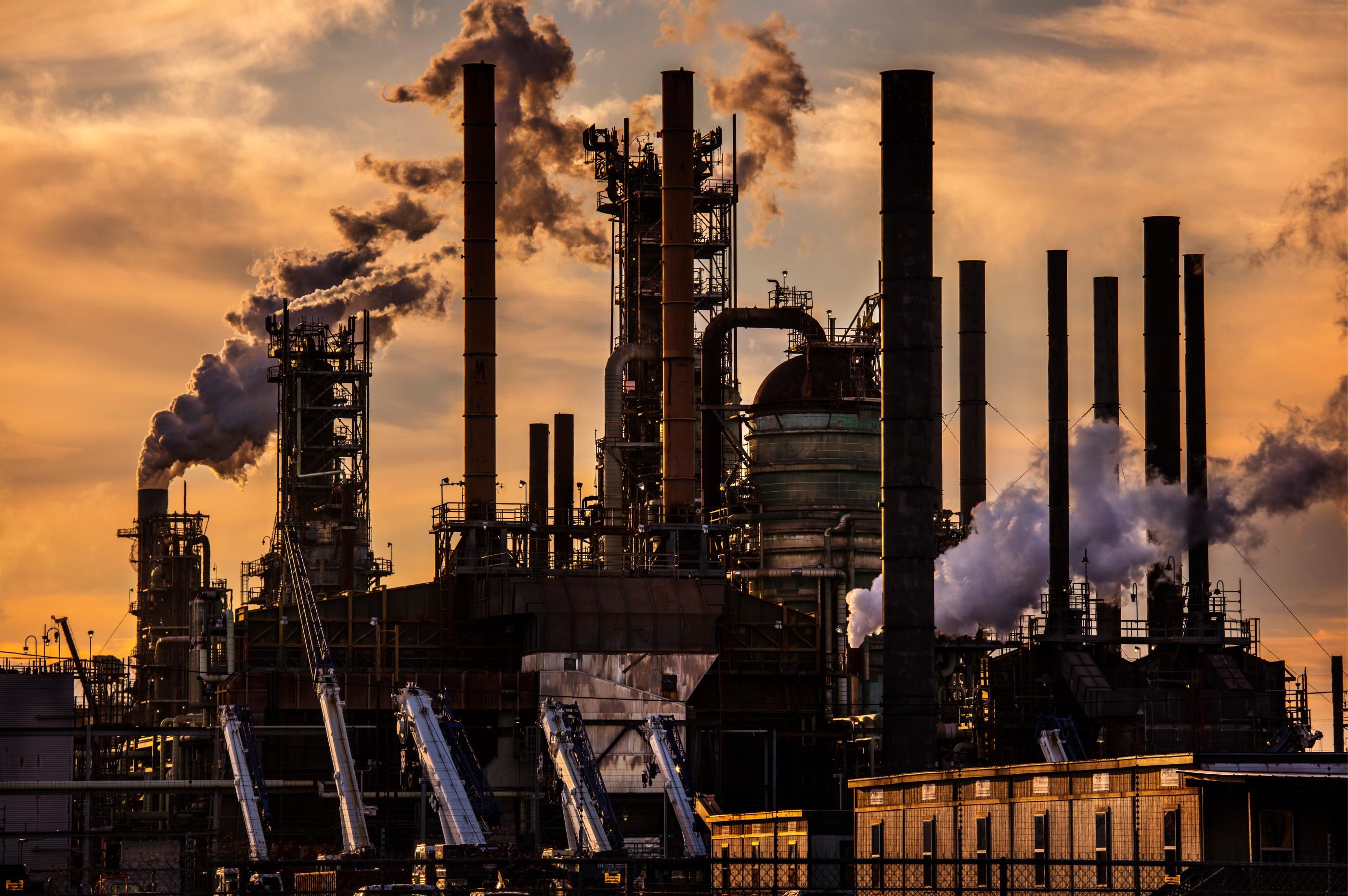
How to Force Big Oil
To Pay for Carbon Cleanup
Hugh Helferty and Margriet Kuijper / San Francisco Chronicle
(June 3, 2022) — Last week, nearly two thirds of the investors in ExxonMobil and Chevron rejected proposals at their respective annual shareholder meetings to set medium-term and long-term targets for aligning their greenhouse gas emissions with the Paris Agreement on climate change.
The outcome is hardly surprising: With a surge in crude oil prices, Big Oil and its shareholders are reaping huge profits. Although ExxonMobil and Chevron, America’s largest oil companies, say they are committed to playing a leading role in the energy transition, these votes and the industry’s continued investment of hundreds of billions of dollars in fossil fuel production say otherwise.
With increasingly dire warnings from climate scientists that emissions need to fall immediately, it’s clear that Big Oil is not capable on its own of making the real changes it needs to fast enough.
Something needs to change.
But how can the industry make the necessary transition to drastically reduce greenhouse gas emissions while the country is still reliant on oil and gas to meet its energy needs?
As things stand today, radical emission reductions are bad for business for Big Oil. If an oil company invests heavily in addressing greenhouse gas emissions, it will incur costs that other companies can choose to avoid, such as building and operating carbon dioxide capture, transport and storage facilities. As a result, it will be less profitable and its stock price will drop, while other companies that are not proactively addressing emissions are rewarded.
Chevron said as much in its 2022 proxy statement response to the proposal to align its emissions with the Paris agreement: It serves oil and gas producers’ shareholders to protect their emissions-producing assets.
The way forward, then, is to change the rules of the game so that making progress toward cutting greenhouse gas emissions to as close to zero as possible, or net zero, becomes a critical success factor for good business. In other words, the industry needs new and stronger regulations.
Governments, including the United States, can require alloil and gas producers to permanently store an amount of carbon equivalent to what they produce, thereby aiding the industry in achieving a goal they have proven incapable of achieving on their own: transitioning the industry to net zero. This requirement, which is known as a Carbon Takeback Obligation, phased in over time, would create a level playing field; all producers would incur carbon storage costs. Those who do so most efficiently would fare the best.
Similar regulation has worked in the past: Oil refiners opposed regulations to remove lead from gasoline and sulfur from fuels. But when the rule came down, the cost of compliance was lower than expected and, because everyone had to comply, the industry was able to pass some of the costs on to consumers. The regulations allowed the most innovative companies to be the most successful.
The industry needs to do something similar today.

Big Oil actually has a competitive advantage when it comes to regulation that reduces greenhouse gas emissions. For instance, consider methane: After the COP26 international climate change conference, the Oil and Gas Climate Initiative, which consists of 12 of the world’s largest oil companies, committed to supporting regulations that addressed methane emissions.
Why would these Big Oil companies support such regulation? Because, beyond simply being the right thing to do, they can meet new regulatory requirements more efficiently than smaller oil and gas companies, thus giving them a competitive advantage.
Big Oil doesn’t yet support regulations limiting atmospheric carbon dioxide. The industry has taken some small steps, like the Oil and Gas Climate Initiative conducting a study to analyze how to encourage companies to store carbon dioxide. However, the most recent Intergovernmental Panel on Climate Change report makes clear that the planet needs far more than just small steps.
If Big Oil is going to address carbon dioxide the way it is addressing methane, it will take government action. Government-mandated carbon storage would finally make addressing atmospheric carbon dioxide tempting to profit-seeking shareholder groups.
Certainly carbon storage alone will not get fossil fuel energy emissions to net zero. Overall, we need to reduce our dependency on oil and gas, and increase the use of renewables. Allowing the status quo by Big Oil will be catastrophic to the climate.
If governments enforce a Carbon Takeback Obligation, the oil industry will be compelled to compete to meet society’s goal of net zero greenhouse gas emissions by 2050 in the most efficient way possible. The oil and gas industry will become a big part of the solution, not just the problem.
Big Oil is planning to spend over $1 trillion this decade to produce about 100 billion barrels of oil. If we are to avoid the worst of climate change, this production cannot take place without strings attached. It is imperative that governments use a Carbon Takeback Obligation to harness the enormous innovative and financial capacity of the fossil fuel industry to stop causing global warming. Offering Big Oil the choice to address climate change is not working — requiring it will.

Hugh Helferty spent over 30 years with ExxonMobil, where he led major research, engineering and manufacturing organizations. He is now president of Producer Accountability for Carbon Emissions (paceemissions.org). Margriet Kuijper is a civil engineer whose 30-year career at Shell included specializing in climate change and carbon capture and storage. She is an adviser to PACE.
Posted in accordance with Title 17, Section 107, US Code, for noncommercial, educational purposes.